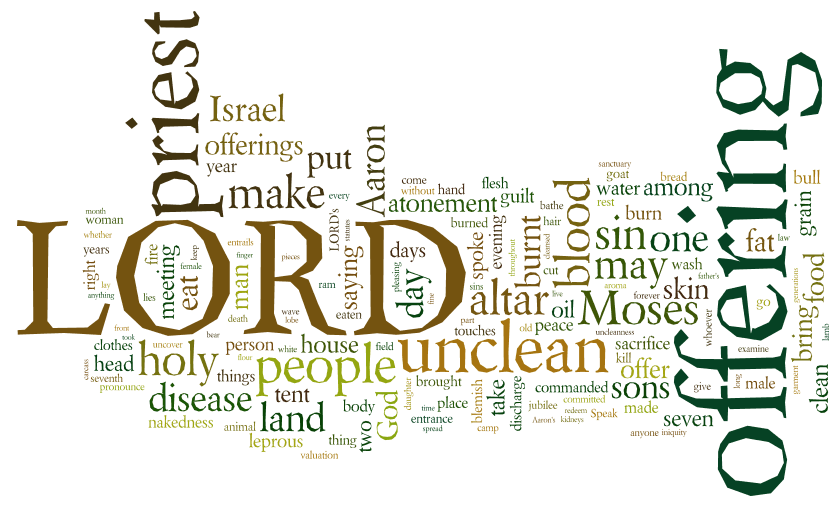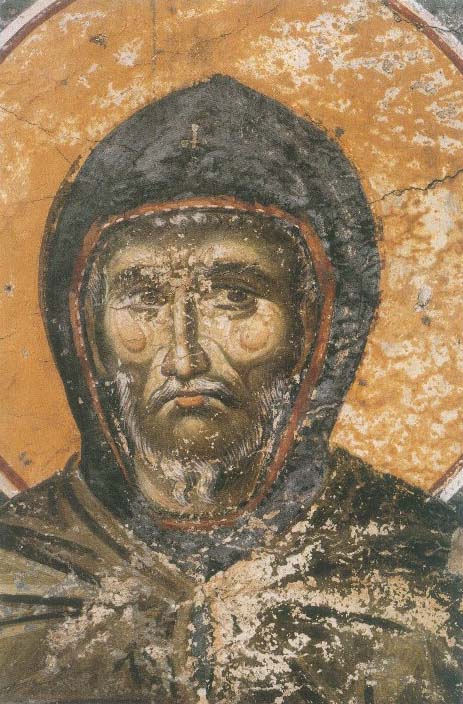"Mittler zwischen Hirn und Händen muss das herz sein!"
("The mediator between the head and the hands must be the heart!")
Original 1927 theatrical release poster for Metropolis
Fritz Lang's 1927 film Metropolis is a classic of world cinema, famous for its technical breakthroughs in film-making (for instance, the Maschinenmensch, the Machine-Man, was the first robot to ever appear in a film) and its political message, which led to heavy censorship at its release (only in the past few years has almost the entire original 2-1/2 hour film been reconstructed). The main message is summed up in its epigram, quoted above: "The mediator between the head and the hands must be the heart!" This refers to the political/economic division of society in Metropolis between the city of the owners, with its "Eternal Gardens," and the city of the workers, with its "Heart Machine." I think the main theme of the film fits into Catholic social teaching (as explained in the Compendium of the Social Doctrine of the Church (CSDC)) on the rights of workers and the employer-employee relationship.
First of all, men and women are meant to be seem primarily as persons, for "'far from being the object of passive element of social life,' the human person 'is rather, and must always remain, its subject, foundation and goal'" (CSDC 106). While the social division at the opening of the film treats workers as mere cogs in a machine, this view is challenged quickly when a woman (Maria) appears with a group of worker children in the city of the owners and declares, "These are your brothers!" The protagonist of the film, Freder, the son of the city's designer and ruler, takes this concept to heart and travels to the worker's city to search for this engimatic woman. By the end of the film, this "personalist principle" (as the CSDC refers to it) is recognized by all, though not stated explicitly.
"These are your brothers!"
Maria and the workers' children
Deriving from this personalist principle is the necessity of truly human work. The following clip, in which Freder has a vision of the Heart Machine operated by the workers as the Canaanite god Moloch, to whom followers sacrificed their children, portrays the horror experienced upon recognition of the inhumanity of the workers' working conditions.
The horror of turning humans into mere objects for labor has been expressed in many papal encyclicals throughout the past century and a half, and the CSDC distills the teaching well:
"Work is an essential expression of the person, it is an 'actus personae.' Any form of materialism or economic tenet that tries to reduce the worker to being a mere instrument of production, a simple labor force with an exclusively material value, would end up hopelessly distorting the essence of work and stripping it of its most noble and basic human finality. The human person is the measure of the dignity of work" (CSDC 271).
Freder, at least implicitly, realizes that these men and women, who are his brothers and sisters because they are human persons, are being sacrificed as persons for the sake of becoming instruments in the machines that run the city. Men are turned into mere fuel for the Moloch-Machine that runs the city.
The Heart Machine in the workers' city
Much of the film deals with technology being used as an "enemy of human dignity" (cf. CSDC 271). The Heart Machine acts as Moloch, the Machine-Man is used to deceive and control the workers, and the infrastructure of the city keeps the workers hidden away from the upper classes and their hedonistic pursuits. While technology can obviously be an incredibly useful tool for the progress of humanity, it can also be used as a weapon to keep men abused and degraded.
The strong class division is also a central element of the film. Though "the different components of society are called to build a unified and harmonious whole," in the Metropolis, they are so separate that they do not ever see each other, and many of the upper class do not even know of the existence of the workers' city (CSDC 151)! Just because one class has countless riches does not make the Metropolis a paradise. One single class cannot be used to judge the effectiveness and greatness of an entire society: all classes and persons must be taken into account. As the CSDC puts it, "The economic well-being of a country is not measured exclusively by the quantity of goods it produces but also by taking into account the manner in which they are produced and the level of equity in the distribution of income" (303).
In the end, the main point of the film is summed up in its epigram, and it is this: owners and workers must cooperate in order to make their community truly great and truly human. The CSDC describes this division as between "capital" (the owners) and "labor" (the workers). In some systems, like in Metropolis, these really represented "two concrete social classes," but they cannot remain separate: instead, they must work together, for "there must exist between work and capital a relationship of complementarities" (CSDC 277). This also connects to the principle of subsidiarity, a key theme in Catholic social teaching. The main principle is this: "all societies of a superior order must adopt attitudes of help ('subsidium') -- therefore of support, promotion, development -- with respect to lower-order societies" (CSDC 186). What this means in the case of labor is that the owners of a company must help, not abuse, their workers: there must be an attitude of help between the two. What is more helpful than love and Christian charity, which is represented so powerfully in the Sacred Heart of Christ? Therefore, it is the heart which must characterize the relationship between the head (owners) and the hands (workers).
The joining of the hands (workers' foreman) and the head (Freder's father) by the heart (Freder)
To summarize this post in one sentence, the epigram of Metropolis is an endorsement of the Catholic principle of subsidiarity (vid. CSDC 185-8).
I am sorry if I rambled far too much in this post or if it is too much of an incoherent jumble of quotes on Catholic social teaching. At the very least, I hope you come to realize some of the truth that can be gleaned from the film Metropolis, and I hope you now have at least heard of the Compendium of the Social Doctrine of the Church. Thank you for reading, and God Bless.
Nota Bene: The epigram from Metropolis is found in German in this video and in English on this site. Information on Metropolis came from Wikipedia. The quotes from the Compendium of the Social Doctrine of the Church, written by the Pontifical Council for Justice and Peace (Iustitia et Pax) and translated by the Libreria Editrice Vaticana, are taken from the edition released by the USCCB in 2007; the numbers refer to paragraph numbers, not page numbers. For more information on Catholic social teaching, see my links to Church documents on social doctrine and to documents from Pontifical Councils and Commissions, specifically the Pontifical Council for Justice and Peace (Iustitia et Pax), among others.


















